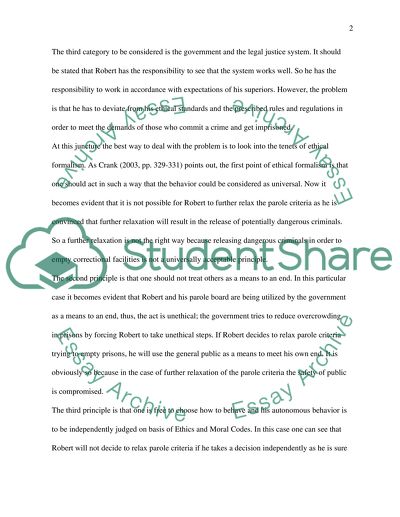Cite this document
(“Case Study-Ethical Decisions Study Example | Topics and Well Written Essays - 2500 words”, n.d.)
Retrieved from https://studentshare.org/law/1394897-case-study-ethical-decisions
Retrieved from https://studentshare.org/law/1394897-case-study-ethical-decisions
(Case Study-Ethical Decisions Study Example | Topics and Well Written Essays - 2500 Words)
https://studentshare.org/law/1394897-case-study-ethical-decisions.
https://studentshare.org/law/1394897-case-study-ethical-decisions.
“Case Study-Ethical Decisions Study Example | Topics and Well Written Essays - 2500 Words”, n.d. https://studentshare.org/law/1394897-case-study-ethical-decisions.


